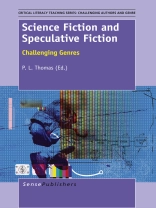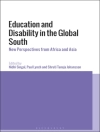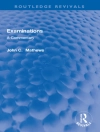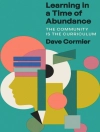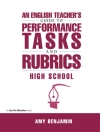Why did Kurt Vonnegut shun being labeled a writer of science fiction (SF)? How did Margaret Atwood and Ursula K. Le Guin find themselves in a public argument about the nature of SF? This volume explores the broad category of SF as a genre, as one that challenges readers, viewers, teachers, and scholars, and then as one that is often itself challenged (as the authors in the collection do). SF, this volume acknowledges, is an enduring argument. The collected chapters include work from teachers, scholars, artists, and a wide range of SF fans, offering a powerful and unique blend of voices to scholarship about SF as well as examinations of the place for SF in the classroom. Among the chapters, discussions focus on SF within debates for and against SF, the history of SF, the tensions related to SF and other genres, the relationship between SF and science, SF novels, SF short fiction, SF film and visual forms (including TV), SF young adult fiction, SF comic books and graphic novels, and the place of SF in contemporary public discourse. The unifying thread running through the volume, as with the series, is the role of critical literacy and pedagogy, and how SF informs both as essential elements of liberatory and democratic education.
Tabella dei contenuti
Acknowledgements; Introduction: Challenging Science Fiction and Speculative Fiction; A Case for SF and Speculative Fiction: An Introductory Consideration; SF and Speculative Novels: Confronting the Science and the Fiction; SF Novels and Sociological Experimentation: Examining Real World Dynamics through Imaginative Displacement; Peel[ing] apart Layers of Meaning” in SF Short Fiction: Inviting Students to Extrapolate on the Effects of Change; Reading Alien Suns: Using SF Film to Teach a Political Literacy of Possibility; Singularity, Cyborgs, Drones, Replicants and Avatars: Coming to Terms with the Digital Self; Troubling Notions of Reality in Caprica: Examining “Paradoxical States” of Being; “I Try to Remember Who I Am and Who I Am Not”: The Subjugation of Nature and Women in The Hunger Games; “It’s a Bird . . . It’s a Plane . . . It’s . . . a Comic Book in the Classroom?”: Truth: Red, White, and Black as Test Case for Teaching Superhero Comics; The Enduring Power of SF, Speculative and Dystopian Fiction: Final Thoughts; Author Biographies.
